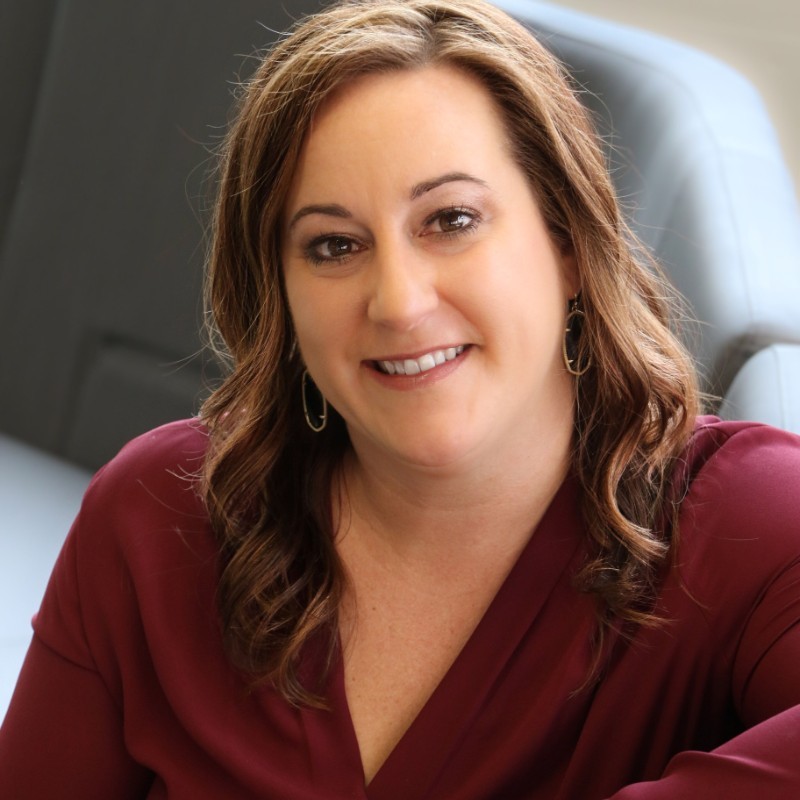Healthcare IT
11 Udemy Courses on How To Build a Healthcare IT Startup

Healthcare is one of the fastest-growing startup sectors. If you’re interested in Healthcare innovation, we offer 11 Udemy courses that can help you with building a digital health startup.
>>>11 Udemy Courses on How To Build a Digital Health Startup

Healthcare is one of the fastest-growing startup sectors. If you’re interested in Healthcare innovation, we offer 11 Udemy courses that can help you with building a digital health startup.
>>>Thought Leaders in Healthcare IT: Kristen Valdes, CEO of b.well Connected Health (Part 5)
Kristen Valdes: During that time, I had given birth to my second child Bailey. She was born with a very significant auto-immune condition. She had a near fatal incident because two EMR systems couldn’t communicate with one another. At that point, I realized that it didn’t matter how much expertise I had gained in healthcare. I knew how to navigate the system. I couldn’t do it on behalf of my own family.
That’s when I became the Excel-plotting mom trying to figure out if she could have been diagnosed faster, could we have avoided this near-death complication if we had all the information at our fingertips. I left and I launched b.well. We need to take the friction and fragmentation out of healthcare and deliver seamless and simple user experiences.
>>>Thought Leaders in Healthcare IT: Kristen Valdes, CEO of b.well Connected Health (Part 4)
Sramana Mitra: What portion of your solution is productized versus custom-designed through professional services?
Kristen Valdes: We are committed to being a technology platform and not a service company. There are customizations that our client needs because they’re at various stages of maturity in the technology they have internally. We try to limit that. Our team is focused on KPI and OKR where we have feature flags that can be turned on or off because our customers are at different stages of readiness.
>>>Thought Leaders in Healthcare IT: Kristen Valdes, CEO of b.well Connected Health (Part 3)
Sramana Mitra: What are the top actions they take?
Kristen Valdes: It’s all over the board. We look at this as a digital persona. Healthcare has historically targeted individuals and looked at risk based on things like the zip code, age, presence of chronic condition. When we think about a digital-first experience, there’s a whole new set of profiling that needs to be done for individuals. I may be a caregiver first. That means that you need to prompt me with, “What is my healthcare need?” before you start to target things that I need.
>>>Thought Leaders in Healthcare IT: Kristen Valdes, CEO of b.well Connected Health (Part 2)
Kristen Valdes: Our customers are able to gain trust and loyalty with the population they serve. For our businesses, there’s a movement that’s trying to move away from pay-for-service toward pay-for-value where doctors are incentivized for keeping people out of the hospital. The challenge has been that we’ve largely been arranged where people have to show up at the doctor’s office and then the doctor can evaluate their chart and identify any gaps in care or labs.
But the consumer is there because maybe they have a sinus infection. We can help bring consumers in proactively when they need care without doctors and nurses having to pick up the phone. We provide a convenient way to help doctors transition more successfully into value-based care and help keep their patients healthier.
>>>Thought Leaders in Healthcare IT: Kristen Valdes, CEO of b.well Connected Health (Part 1)

Kristen founded the company when her daughter couldn’t get swift diagnosis due to lack of interoperability across various health records.
Today, her company addresses the interoperability problem in digital health categorically and strategically.
Sramana Mitra: Let’s start by introducing our audience to yourself as well as to b.well Connected.
>>>Thought Leaders in Healthcare IT: Simplifeye CEO Ryan Hungate (Part 4)
Sramana Mitra: What do you see as open problems in your space right now?
Ryan Hungate: There are a few of them. They’re glaring problems. One is insurance. You’ve got a huge opportunity in insurtech. At the same time, you have to be very careful because insurance companies may not say it out loud, but they don’t want to fix that.
>>>